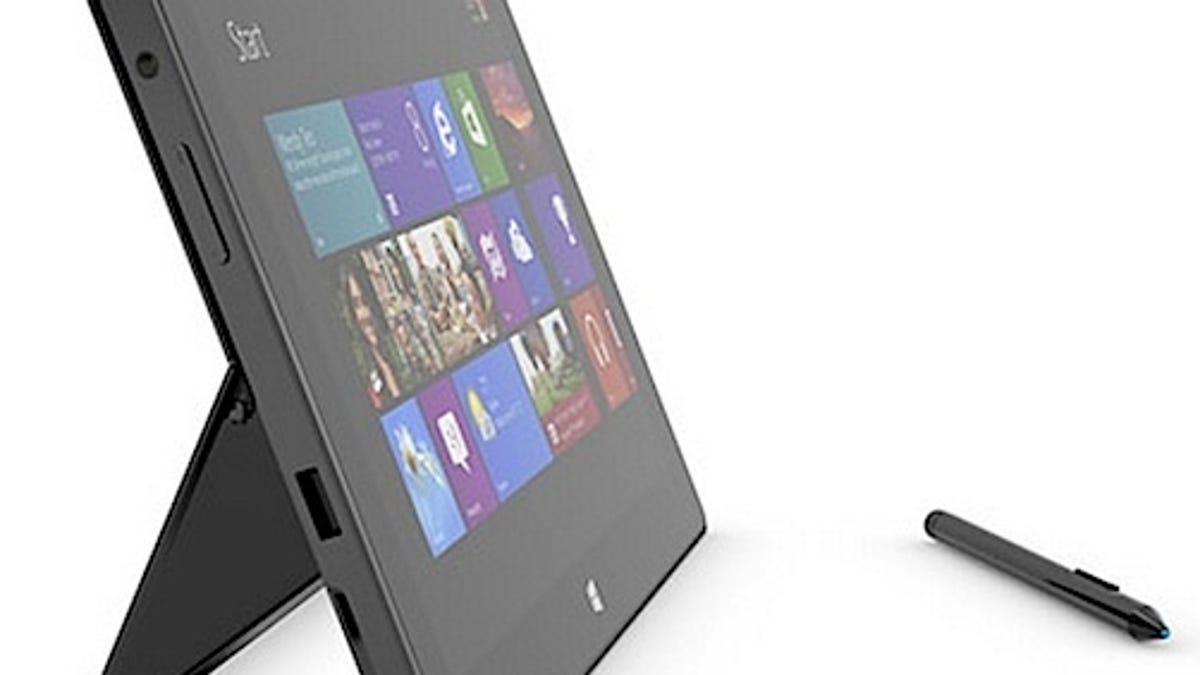Microsoft's Surface Pro 'is not there yet,' says IDC
Microsoft doesn't have a workable tablet strategy yet, an IDC analyst tells CNET.

An IDC analyst has tough words for Microsoft on tablets. Fixing Surface Pro is job one.
"Surface Pro today is an interesting product, but it's just not there yet," Tom Mainelli, IDC's research director for tablets, said in a phone interview with CNET.
"The battery life's not there. It's too heavy," he added.
And even Surface Pro's touted high performance is a double-edged sword. "While it performs like a notebook, Surface Pro is always going to be compared to other tablets, and tablets really need to run 8 to 10 hours. [Surface Pro's] four hours is a nonstarter," he said.
Mainelli is one of the authors of
Will the next-generation Surface Pro find the sweep spot? "With [Intel's upcoming] Haswell chip and additional improvements we'll see this year, Windows 8 Surface [Pro] is still viable," he said.
Mainelli thinks a Surface Pro that emulates the Surface RT's design and price could be popular. "I think a lot of people would give a serious look at Surface Pro that was in the Windows RT form factor and at the Windows RT price," he said.
IDC is not keen on the Surface RT tablet, believing it has a flawed marketing strategy. One of RT's shortcomings is its incompatibility with older Windows applications. Here's what Mainelli said:
You had partners who fell out before the launch and others that are scaling back what they're launching. I think ultimately Microsoft needs to decide on one operating system for tablets. I don't think they can successfully do Windows RT and Windows 8 and support Windows 8 phone. You end up pitting your own operating systems against each other. Apple is never forced to say iOS is better than Mac OS. It's pretty hard to say, "choose Windows RT" without then going into a laundry list of why you think it's better than Windows 8.
That's not all. Microsoft is late to the small-screen party.
"On screen sizes, one of the things that really hurt them was at the precise time they were launching Windows RT and Windows Pro into the market, the tablet market shifted toward smaller sizes, particularly when the [iPad] Mini came out [in November]," according to Mainelli.
He continued. "Right when this was happening, Microsoft launches 10.6-inch tablets. You can make the argument that in order to be productive that's the size you need on Surface. But from a market perspective, the market has shifted small."

